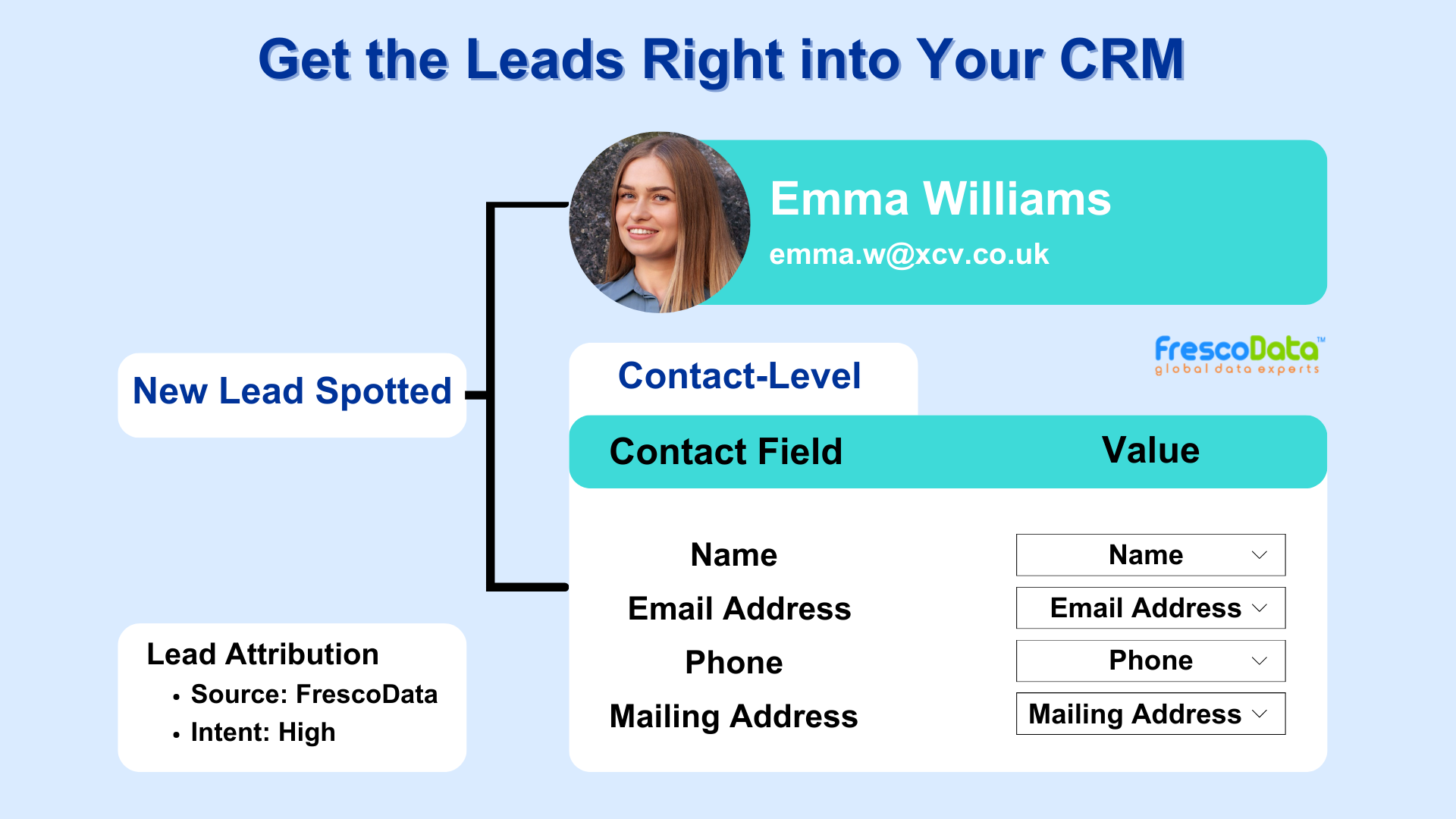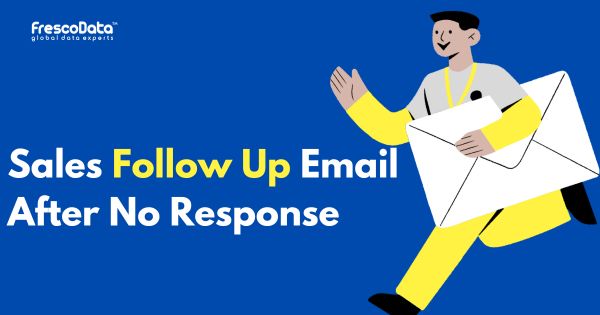-
Definition
-
Key Components
-
Rewards for Repeat Purchases
-
Loyalty Programs
-
Membership Tiers
-
Personalized Offers
-
Communication Strategies
-
Exclusivity
-
Automated Tracking
-
Cross-Selling and Upselling
-
Benefits
-
Customer Loyalty
-
Increased Retention
-
Higher Customer Lifetime Value
-
Word-of-Mouth Marketing
-
Data Collection and Insights
-
Competitive Advantage
-
Stimulates Repeat Business
-
Positive Customer Experience
What is Frequency Marketing?
Frequency marketing, also known as frequency reward programs or frequency programs, is a marketing strategy that focuses on encouraging repeat business from customers by offering rewards, discounts, or incentives based on the frequency of their purchases or interactions with a business. The primary goal of frequency marketing is to build customer loyalty, increase customer retention, and drive ongoing engagement by providing added value to those who consistently choose a particular product or service.
Key Components of Frequency Marketing

Rewards for Repeat Purchases
Offers incentives or rewards to customers who make repeated purchases or engage with the business regularly. These rewards can take various forms, such as discounts, free products, or exclusive access.
Loyalty Programs
Often implemented through loyalty programs where customers earn points, miles, or other forms of currency based on the frequency and volume of their transactions. These points can be redeemed for rewards.
Membership Tiers
Establishes multiple membership tiers based on customer loyalty levels. Higher tiers typically come with more significant benefits and rewards, providing an extra incentive for customers to increase their frequency of engagement.
Personalized Offers
Utilizes data and customer insights to create personalized offers that cater to individual preferences and behaviors. Personalization enhances the relevance of incentives, making them more appealing to customers.
Communication Strategies
Implements targeted communication strategies, such as email campaigns or mobile notifications, to keep customers informed about special offers, promotions, and opportunities to earn rewards.
Exclusivity
Introduces exclusive offers or perks for frequent customers, creating a sense of exclusivity and appreciation for their ongoing loyalty.
Automated Tracking
Implements automated tracking systems to monitor and record customer interactions, ensuring accurate and fair reward distribution based on the predefined criteria.
Cross-Selling and Upselling
Integrates cross-selling and upselling tactics within the frequency marketing strategy to encourage customers to explore additional products or services.
Benefits of Frequency Marketing
Customer Loyalty
Builds strong customer loyalty by rewarding and recognizing customers for their repeat business.
Increased Retention
Enhances customer retention rates as customers are motivated to continue engaging with the business to unlock additional rewards.
Higher Customer Lifetime Value
Increases the overall lifetime value of customers by encouraging them to make more frequent and higher-value transactions.
Word-of-Mouth Marketing
Satisfied and loyal customers are more likely to become advocates for the brand, contributing to positive word-of-mouth marketing.
Data Collection and Insights
Facilitates the collection of valuable customer data and insights, enabling businesses to better understand customer behaviors and preferences.
Competitive Advantage
Provides a competitive advantage by fostering a sense of exclusivity and appreciation, making customers less likely to switch to competitors.
Stimulates Repeat Business
Encourages customers to make repeat purchases or engage with the business more frequently, helping maintain a steady revenue stream.
Positive Customer Experience
Contributes to a positive customer experience by consistently offering value and recognition for customer loyalty.
Stay Updated
Recent Blogs

3 Reasons to Buy Email List
Are you hesitant to buy email list for your business? Some would say buying an email list ...
November 18, 2024
Sales Follow-up Email After No Response!
70% of sales reps don’t follow up with prospects after no response. (Source) Are you...
September 2, 2024
5 CTV Advertising Tips to Get The Most Out of It
Connected TV has opened up many interesting opportunities for advertisers, allowing them t...
August 27, 2024